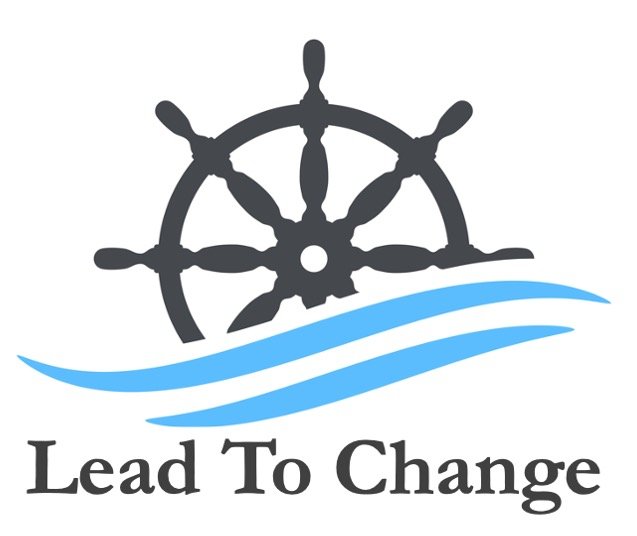Optimism Matters
Half-full or half-empty?
Do you consider yourself an optimist or a pessimist? Perhaps you consider yourself to be a realist. You might think optimists see the world through rose-colored glasses or pessimists are overly critical and negative. But then, how do you explain why some people see the glass as half full and others as half empty? After all, both are rational positions.
Realism is not in conflict with optimism
Indeed, some people’s outlook is influenced by irrational distortions of reality. However, for this discussion, let's ignore such distortions and concentrate on rational differences in outlook. Choosing ‘realist’ is not an option. By definition, realism is accepting events and circumstances as they are - not how they will be. Therefore, no one can be realistic about the future. We all lean toward optimism or pessimism.
Some of us might believe there is an inherent conflict between holding an optimistic outlook and being clear-eyed about the risks, imperfections, and dysfunctions that exist in the world. We’ve all heard the saying, “It’s best to expect the worst and hope for the best.” But we’ve probably also heard, “Hope is not a strategy.” The point is there is no conflict. We can be realistic about the present and optimistic about the future.
Why it matters?
This tendency matters since studies suggest that optimists tend to achieve more success and experience higher levels of well-being than pessimists. In fact, optimism is a key trait of successful leaders.
Research shows that optimistic leaders are more likely to inspire their teams, drive innovation, and achieve success. In their seminal study into what makes leaders credible, Kouzes and Posner cite optimism as a critical success factor. Zenger and Folkman indicate that projecting optimism is an attribute of leaders who scored at or above the 99th percentile on 360-degree feedback surveys.
There is hope for pessimists
For those pessimists among us, there is hope. In his book "Learned Optimism," Martin Seligman explains that learned behavior is more determinant than genetics. Thus, we can intentionally cultivate a more positive perspective through our actions and thoughts.
Seligman suggests that our ‘explanatory style’ reveals, informs, and reinforces our optimism or pessimism. And by changing it, we can become more optimistic. Explanatory style refers to the way the narrative in our heads develops as we experience life’s events and circumstances. Seligman indicates there are three beliefs embedded in our explanations. The first is ‘permanence’, which refers to our beliefs about the duration of the impact – temporary vs. permanent. The second is ‘pervasiveness’, which refers to our beliefs about the breadth of implications – situational vs. universal. The third is ‘personalization’, which refers to our beliefs about causation – internal (within our control) vs. external (outside our control).
Pessimists tend to explain negative events as permanent, universal, and internal, and positive events as temporary, situational, and external. Optimists do the opposite.
The good news is that we are the authors of our narrative. By choosing an optimistic explanatory style, we can learn to be more optimistic, and this can result in more productive behavior.
As with any meaningful change, we start with self-awareness - being aware of our explanatory style. We ask ourselves how we’re thinking about events and circumstances, and how does that impact our actions? Then we challenge our rationale and explore and test alternative narratives. Finally, if we can identify a more optimistic explanation that makes sense to us, we re-write the narrative and choose actions that are consistent with that narrative.
Most of us have spent years with an explanatory track playing in the background that is continuously reinforcing our outlook. So, it’s not easy to adopt and maintain an optimistic outlook. However, simply being aware of our explanatory style can be an essential first step.
If you’d like to learn how optimism can help you be a better leader, contact us for a free consultation.




